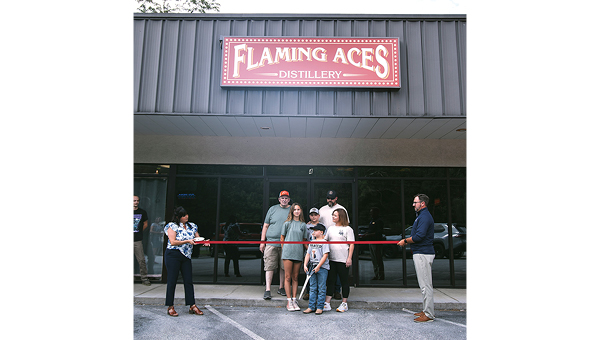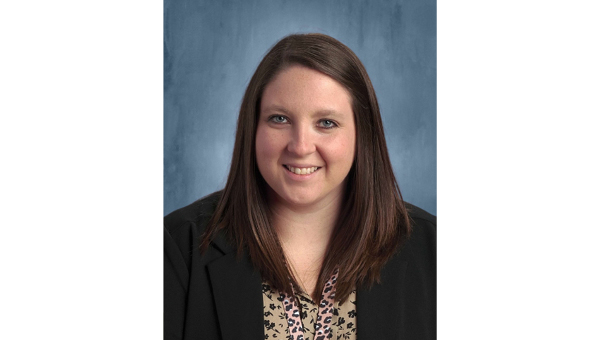Vouchers researcher casts doubt on Tennessee governor’s plan
Published 8:27 am Monday, January 27, 2025

- Gov. Bill Lee speaking at a January 8, 2025 press conference, (Photo: John Partipilo)
|
Getting your Trinity Audio player ready...
|
Author says 75% nationally go students already in private schools
By Sam Stockard
Tennessee Lookout
As Tennessee lawmakers prepare to take up the governor’s $424 million private-school voucher plan in a special session, a national researcher says such “voucher schemes” hurt public schools, “devastate” student learning and hit states hard financially.
Josh Cowen, an author and professor of education policy at Michigan State University, told reporters that 75% of the students who use vouchers in other states are enrolled in private schools already. The other 25% suffer academically, he said, because they attend “subprime” schools that pop up when states offer new subsidies.
Trending
After years of study, Cowen described private-school voucher programs as the “education equivalent of predatory lending.”
Lawmakers will convene for a special session starting Monday to take up Gov. Bill Lee’s proposal to send up to 20,000 students to private schools using state funds, more than $7,000 per student. It will be considered along with Lee’s immigration enforcement package, which has no cost attached yet, $450 million for Hurricane Helene relief in East Tennessee and creation of a transportation authority to handle public-private projects.
In addition to $144 million for vouchers, the governor’s plan contains money to give teachers a $2,000 bonus and $77.2 million from the state’s sports wagering revenue to pay for school construction, instead of Tennessee’s Lottery account. Lee has said the state will also make school districts “whole” if they lose students, though the legislation simply makes sure state funding for school districts remains the same from one year to the next if a district loses students.
The governor is taking a second stab at statewide private-school vouchers after failing to push them to passage in 2024.
“What’s most important to me is that the taxpayer gets the opportunity to determine where their taxpayer dollars are spent,” Lee said recently.
Cowen, author of “The Privateers: How Billionaires Created a Culture War and Sold School Vouchers,” said he supported private-school vouchers some 20 years ago when they started making their way into states nationwide.
Trending
Over time, his outlook changed because of poor results for voucher students and schools.
In Florida, Louisiana, Ohio, Indiana, Wisconsin and Washington, D.C. where lawmakers enacted private-school vouchers, as programs grew, the impact on students worsened, he said.
“Pop-up” schools run by out-of-state private equity firms or through offshore companies make up many of Florida’s voucher schools, he said. Forty percent of the schools that received voucher funds in Wisconsin have closed, according to Cowen’s research.
“It’s expensive to run a school. They come in and many of them can’t make it,” Cowen said. He added that fraud is one element that leads to the closing of schools that take voucher funds.
But the biggest shortcoming for students who use vouchers is their academic performance, according to Cowen, who compared their test scores over the last decade to decreases after the COVID-19 pandemic and Hurricane Katrina in Louisiana.
“What we’ve been able to observe is academically disastrous,” he said.
Metro Nashville, Shelby County and Hamilton County students participating in Tennessee’s education savings account program improved test scores in English language arts and math this year but still fell short of their counterparts across the state. Shelby County students who received vouchers scored comparably to others in math and outpaced them in English.
Asked recently why he continues to push for statewide private-school vouchers when students in the program are scoring below their peers, Lee defended his program, which started three years ago after a protracted court battle, and said some of the statistics being reported are a “true mischaracterization of the facts.”
“Comparing inner-city students in an ESA program in Shelby County to a suburban school district around Nashville is a misrepresentation of the true facts,” he said, contending that those students are outperforming their peers and 99% of parents are satisfied with the program.
Cowen acknowledged that some voucher programs do well for two to three years but said they aren’t sustainable for a long period because states can’t pay for two sectors of education simultaneously.
The state of Iowa, for instance, is “borrowing in perpetuity” to prop up its voucher system, and Arizona shifted so much into its voucher program that it’s being forced to use money from an opioid lawsuit settlement to pay for its prison system budget, he said.
In some cases, voucher recipients also used the money for SeaWorld and Walt Disney World tickets and big-screen televisions, Cowen said.
Early in the advent of voucher programs, children of color used the money to attend private schools. But over the last six to seven years, the most likely people tended to be “disproportionately white and wealthy,” Cowen said.
Rural school districts, especially, feel the impact of vouchers because steady funding from the state helps them balance school funding when their revenue dips, he said.
Tennessee Lookout is part of States Newsroom, the nation’s largest state-focused nonprofit news organization. Follow Tennessee Lookout on Facebook and Twitter.





